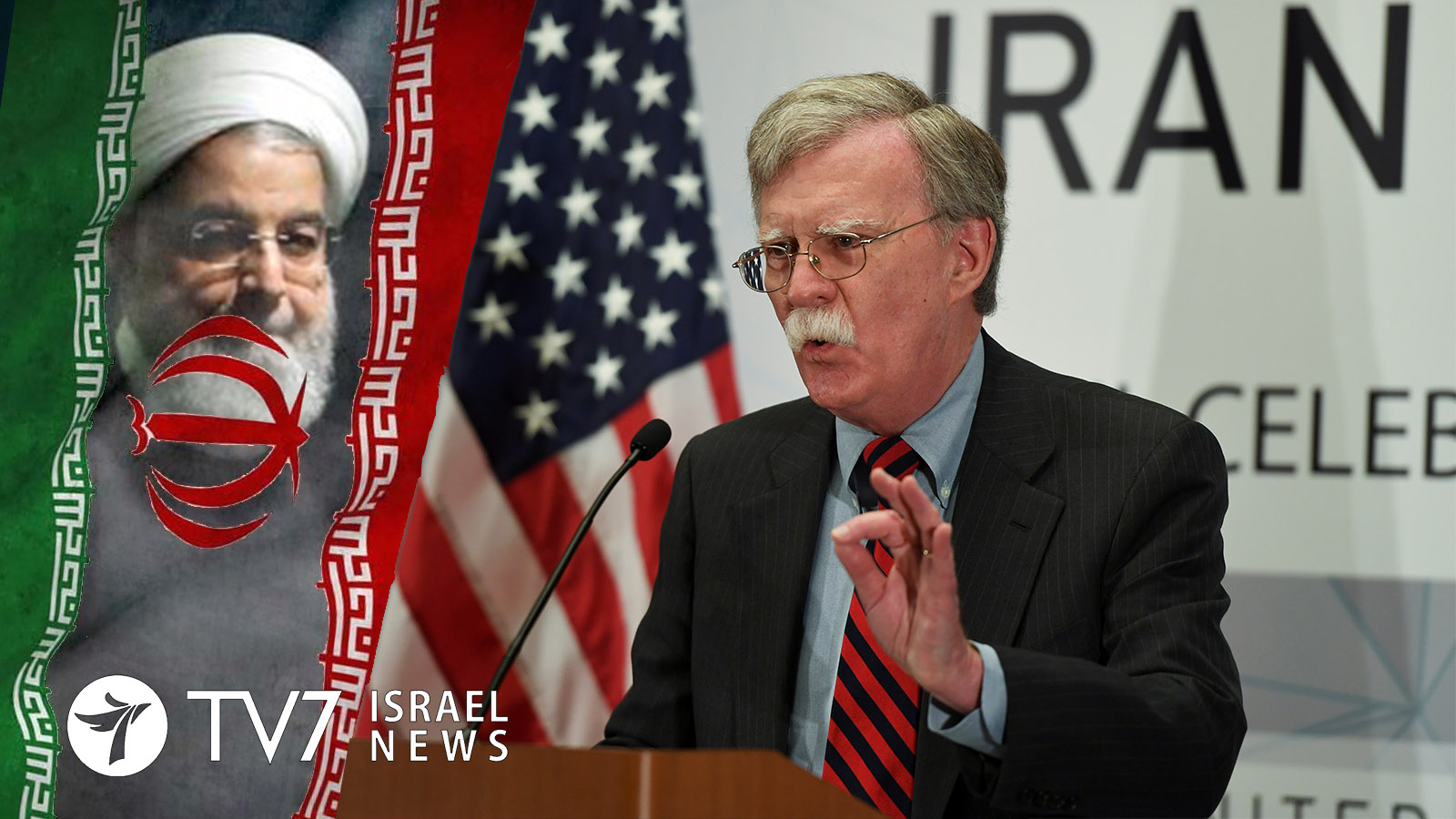U.S. President Donald Trump announced that the United States has no intentions of discarding its plan to impose sanctions on the Islamic Republic of Iran “in full force” by November. During a meeting of the United Nations Security Council, Trump underscored that the sanctions purpose is to counter the entire range of Tehran’s malign conduct. The U.S. President said that “All U.S. nuclear-related sanctions will be in full force by early November. They will be in full force. After that, the United States will pursue additional sanctions, tougher than ever before to counter the entire range of Iran’s malign conduct. Any individual or entity who fails to comply with these sanctions will face severe consequences. I ask all members of the Security Council to work with the United States to ensure the Iranian regime changes its behavior and never acquires a nuclear bomb.” While the other permanent members of the Security Council emphasized their commitment to the 2015 nuclear agreement with Iran, French President Emmanuel Macron stressed it is imperative to formulate a comprehensive strategy with the aim of preventing Iran from obtaining nuclear weapons – not only through economic sanctions. Macron added that “I think we need to build together a long-term strategy to manage this crisis. It cannot boil down to just sanctions and containment. We need to have the basis for new negotiations and created first by the framework for the Iranian nuclear issue beyond 2025 and 2030.” Contrary to France, which seemingly hopes to form a stricter agreement, British Prime Minister Theresa May recognized the nuclear agreement with Iran as “the best means” to inhibit Iran from obtaining nuclear weapons. May argued that “Ensuring non-proliferation also requires collective leadership, the type that led to the agreement of 2015 of the Joint Comprehensive Plan of Action (JCPOA), the Iran Nuclear Deal. For many years the scale and nature of Iran’s nuclear program raised serious international concerns. The JCPOA was an important step forward in addressing these. It remains the best means of preventing Iran developing a nuclear weapon, and we are committed to the JCPOA, as long as Iran continues to abide by its obligations in full.”
Meanwhile, during an anti-Iran conference in New York which was held on the sidelines of the United Nations General Assembly, U.S. National Security Adviser John Bolton responded to threats voiced in recent days by Iranian leaders towards the United States and its allies in the Middle East, by saying: The Islamic Republic will face “significant consequences” if the state does not change its behavior. Bolton posited that “According to the mullahs in Tehran, we are the great Satan, Lord of the Underworld, Master of the Raging Inferno. So, I might imagine that they would take me seriously… when I assure them, today, that if you cross us, our allies, or our partners, if you harm our citizens, if you continue to lie, cheat and deceive, yes, there will be hell to pay.” / “The murderous regime and its supporters will face significant consequences if they do not change their behavior. Let my message today be very clear: We are watching, and we will come after you.” Following the American threat of a possible military response to any Iranian aggression, the President of the Islamic Republic, Hassan Rouhani, attempted to deescalate the rhetoric by arguing, during a press briefing, that Tehran had no intention of going to war with the U.S. in the Middle East. Rouhani stated “We do not wish to go to war with American forces anywhere in the region. We do not wish to attack them. We do not wish to increase tensions. None of the above. But we ask the United States of America to adhere to laws and to respect the national sovereignty of nations.”
